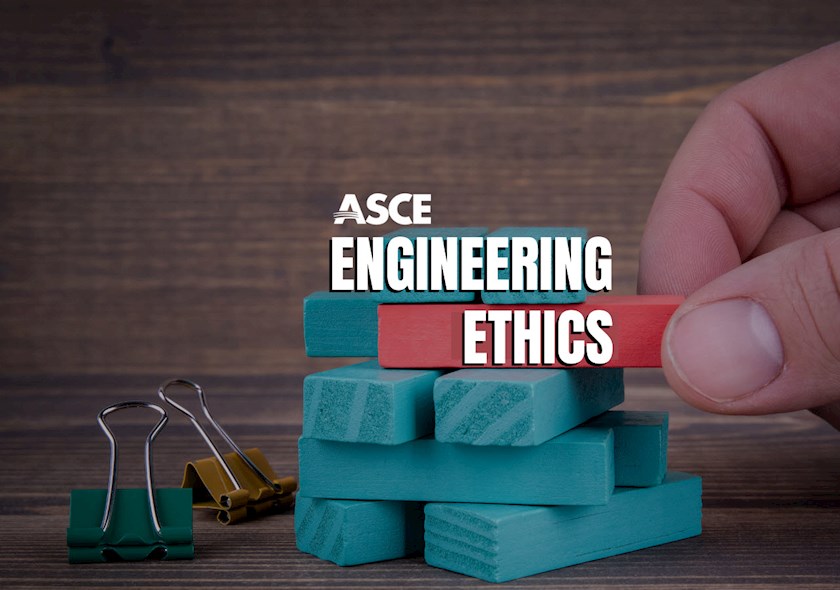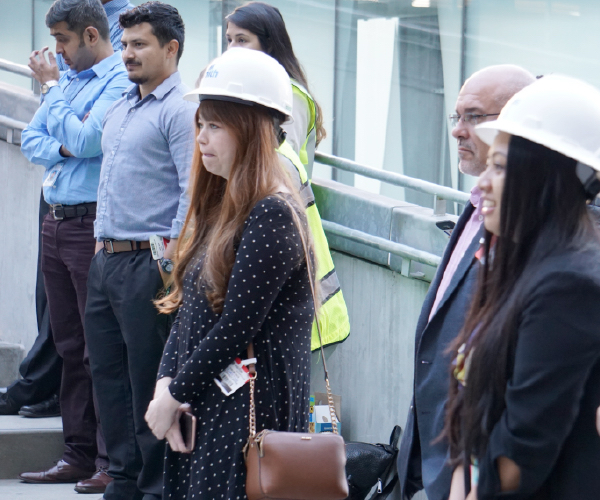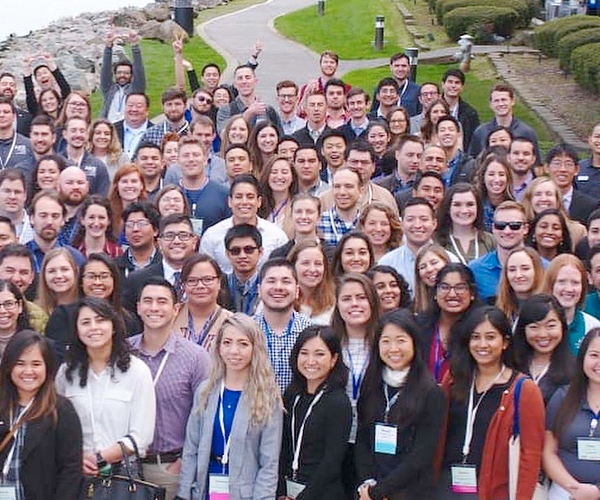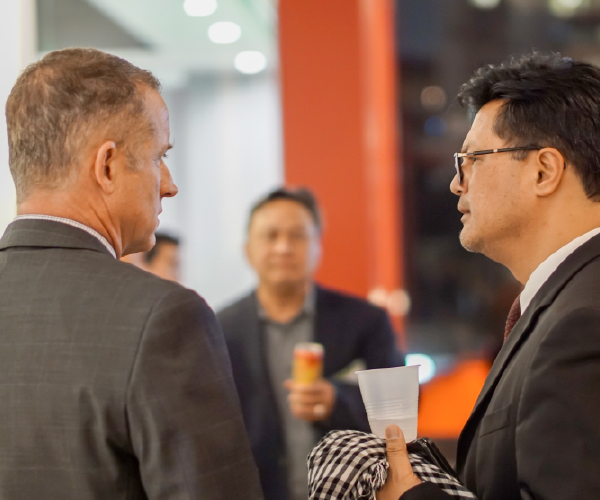Engineers:
a. first and foremost, protect the health, safety, and welfare of the public;
b. enhance the quality of life for humanity;
c. express professional opinions truthfully and only when founded on adequate knowledge and honest conviction;
d. have zero tolerance for bribery, fraud, and corruption in all forms, and report violations to the proper authorities;
e. endeavor to be of service in civic affairs;
f. treat all persons with respect, dignity, and fairness, and reject all forms of discrimination and harassment;
g. acknowledge the diverse historical, social, and cultural needs of the community, and incorporate these considerations in their work;
h. consider the capabilities, limitations, and implications of current and emerging technologies when part of their work; and
i. report misconduct to the appropriate authorities where necessary to protect the health, safety, and welfare of the public.






